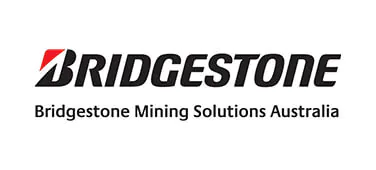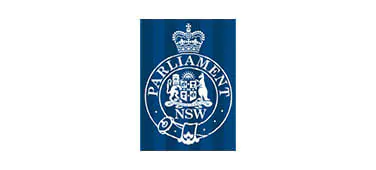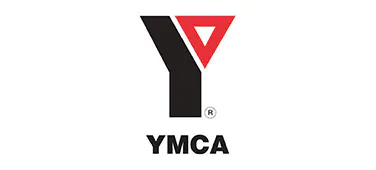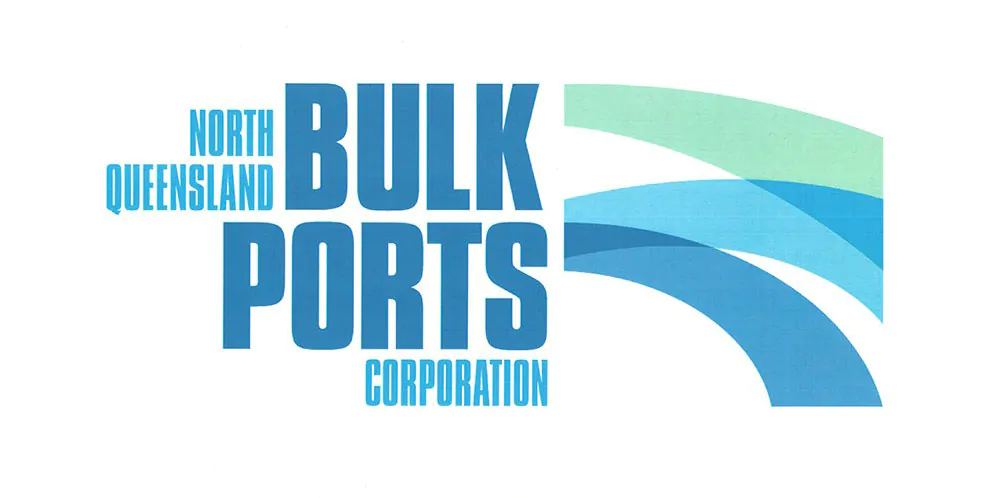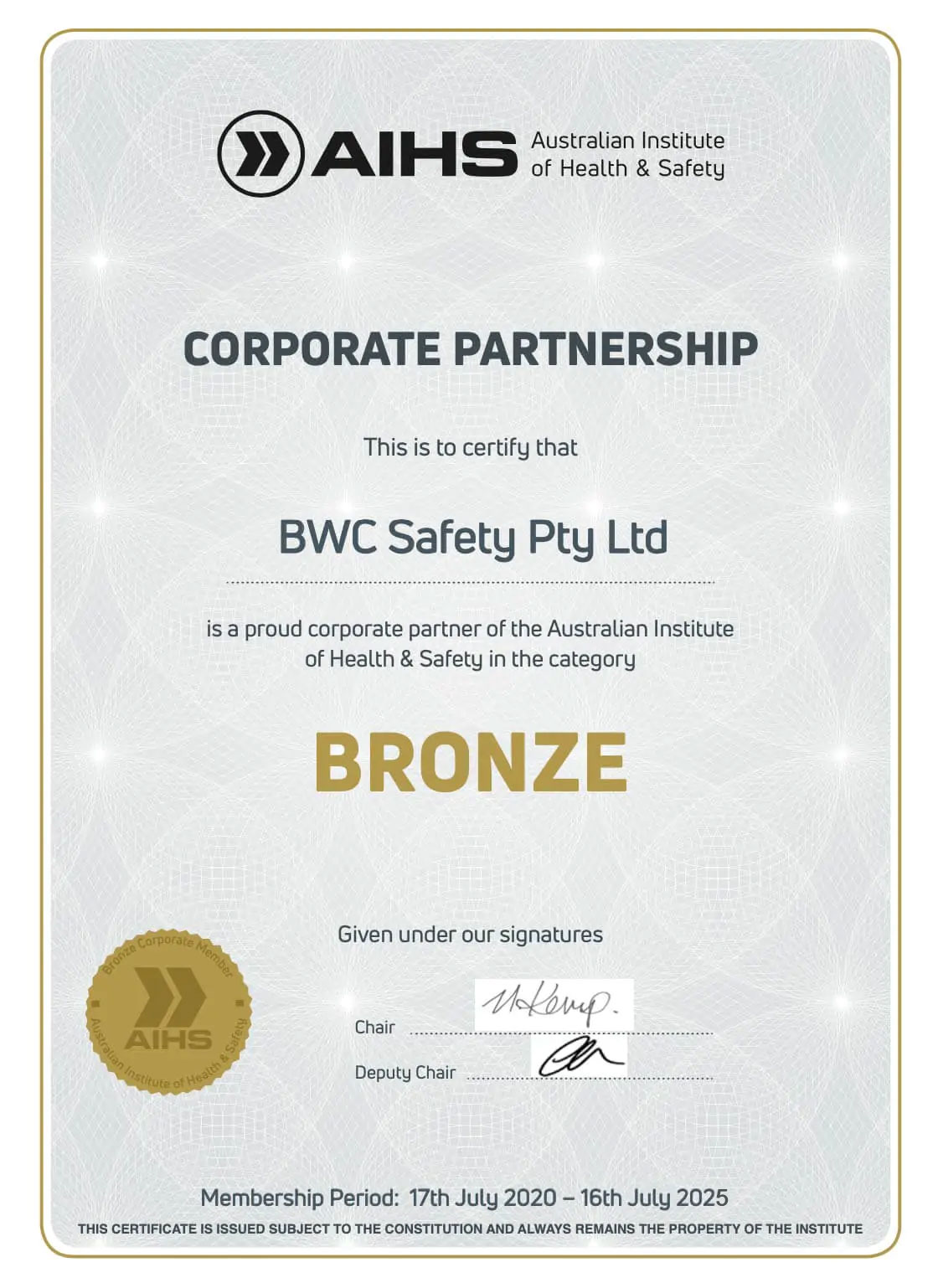Training your Health & Safety Committee
Maintaining good Workplace Health & Safety standards is a crucial aspect of any workplace. It is the legal responsibility of every employer to provide a safe and healthy work environment for employees, and an OHS committee can play a significant role in achieving this goal. OHS committees are typically made up of representatives from management and workers, and their role is to promote and monitor health and safety in the workplace. To ensure that the committee can effectively fulfill its role, it is essential to train its members.
THE WHY
Here are some reasons why your OHS committee members should receive training:
- Legal Requirements: Many countries have laws and regulations that require employers to provide training to OHS committee members. This training helps members understand their legal obligations and the steps they need to take to ensure compliance.
- Improved Health and Safety Outcomes: OHS committee members who receive training are better equipped to identify and address health and safety issues in the workplace. They can provide recommendations to management on how to improve conditions and prevent accidents and illnesses.
- Better Decision Making: OHS committee members who have received training are better equipped to make informed decisions about health and safety issues. They have the knowledge and skills to assess risks, evaluate alternatives, and make recommendations that are in the best interests of workers.
- Enhanced Communication: Training can help OHS committee members develop effective communication skills. This is important because they need to be able to communicate effectively with both management and workers to promote a culture of health and safety in the workplace.
- Better Understanding of Workplace Hazards: OHS committee members who receive training have a better understanding of the types of hazards that exist in the workplace. This knowledge can help them identify potential risks and make recommendations on how to control these hazards.
- Improved Employee Engagement: Training can help OHS committee members engage workers and encourage them to participate in health and safety initiatives. This can lead to a more positive safety culture in the workplace and increased employee involvement in health and safety programs.
- Better Conflict Resolution: OHS committee members who receive training are better equipped to resolve conflicts related to health and safety in the workplace. They have the skills to mediate disputes and find mutually acceptable solutions.
- Improved Leadership: Training can help OHS committee members develop leadership skills, including the ability to motivate and inspire others. This is important because they need to be able to lead and guide workers towards a shared commitment to health and safety.
Training topics
Health & Safety committee training guidelines vary depending on the jurisdiction and the specific industry or organization. However, in general, training for committee members should cover the following topics:
- An overview of the organization’s WHS policy and procedures
- Understanding of the relevant laws and regulations regarding workplace health and safety
- Identification and assessment of workplace hazards and risks
- Strategies for controlling and managing health and safety risks
- Emergency response procedures
- Investigation of incidents and near misses
- Effective communication and consultation with employees
- Role and responsibilities of the committee members in implementing and maintaining the organization’s WHS management system.
- It is important for WHS committee members to receive ongoing training to stay up-to-date with the latest regulations and best practices in workplace health and safety.
Training of Health & Safety Representatives (HSRs)
In Australia, if your organisation has formally elected Health and Safety Representatives as prescribed under the WHS Act, they MUST be permitted to attend a course that is provided by a trainer who has been approved by the relevant safety regulator. Courses are normally 5 days with an annual 1 day refresher.
OHS Committees in SME’s
Many small and medium-sized organisations have opted for more informal OHS committees which are made up of representatives from management and workers who collaborate for the advancement of safety at their workplace. AT BWC Safety we regularly provide coaching support for these committees, mainly to help them understand their roles and to make a solid start on their journey as OHS committee members. Taking the time to help others is a rewarding pursuit and the great majority of staff find that membership in the committee has many positive benefits.
How to get help
At BWC Safety we have an experienced team who have been helping organisations with safety compliance for more than twenty years. Many of our clients are household names and we partner with them over all phases of the safety journey. You can reach us through our website www.bwcsafety.com.au or at 0408 300 187.
Make an Enquiry
Ensure your organisation isn’t making critical WHS mistakes by getting expert advice before it’s too late.



